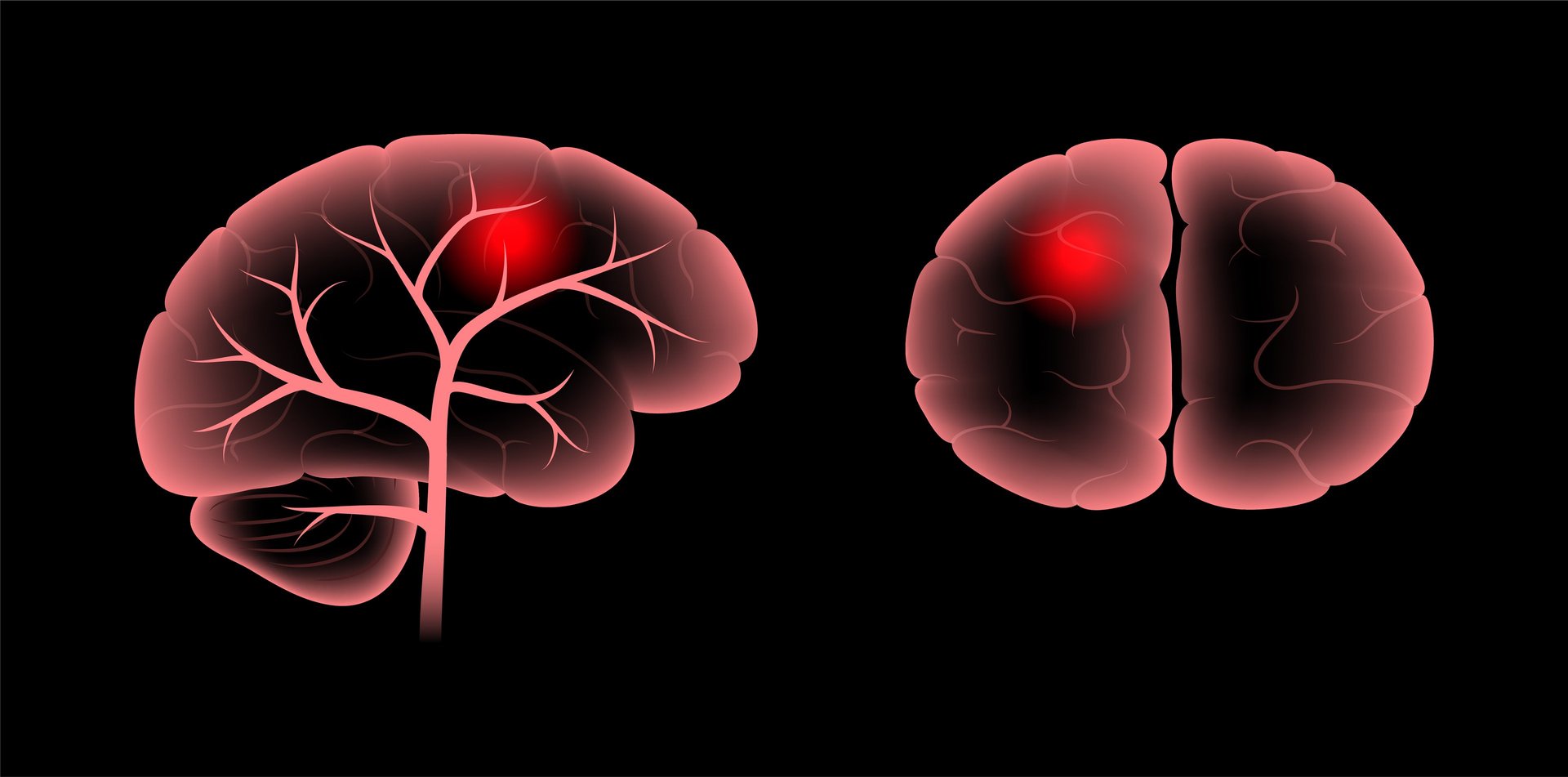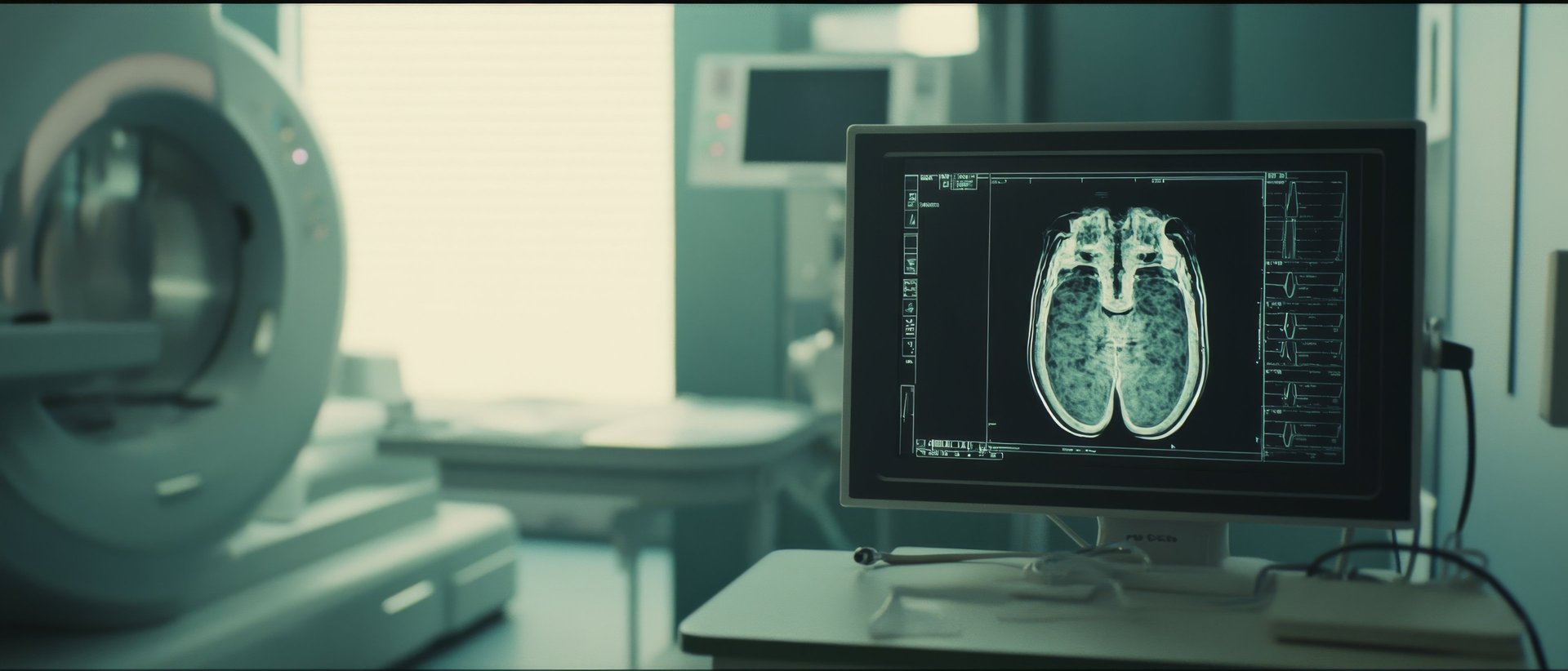Brain Tumors and Brain Cancer

Brain tumors are abnormal growths of cells within the brain or the central nervous system. These tumors can be benign (non-cancerous) or malignant (cancerous). When the tumor is malignant, it is referred to as brain cancer, which may originate in the brain (primary) or spread from other parts of the body (secondary or metastatic brain cancer).
Brain tumors can affect the way your brain functions and may impact movement, speech, memory, or behavior depending on their size and location. Early detection and personalized treatment are key to improving outcomes and quality of life
Signs and Symptoms


The symptoms of brain tumors vary depending on the tumor’s size, type, and location. Common signs include:
Persistent headaches, especially worse in the morning or at night
Nausea or vomiting without any obvious cause
Seizures (especially new-onset in adults)
Vision problems or double vision
Difficulty speaking or understanding speech
Memory loss or confusion
Weakness or numbness in limbs
Changes in personality or behavior
Balance and coordination issues

Diagnostic Procedures
Diagnosing brain tumors involves a combination of neurological exams, imaging, and sometimes biopsy. Dr. Kanishka Sarkar ensures a thorough and accurate evaluation through:
Neurological Examination: To assess vision, hearing, coordination, strength, and reflexes
MRI and CT Scans: Detailed imaging to detect the size, shape, and location of the tumor
PET Scan: Helps determine if the tumor is benign or malignant
Biopsy or Surgical Resection: Tissue samples analyzed for definitive diagnosis
Spinal Tap (Lumbar Puncture): Sometimes used to detect cancer cells in cerebrospinal fluid
Why Choose Dr. Kanishka Sarkar for Brain Tumors and Brain Cancer?
Gold Medalist in MD: Dr. Sarkar brings academic excellence and clinical expertise in oncology.
Personalized Cancer Care: Every patient receives a customized treatment plan based on the tumor type, stage, and individual condition.
Focused Expertise in Neuro-Oncology: Specialized experience in managing both primary and metastatic brain tumors.
Latest Evidence-Based Treatment: Chemotherapy, targeted therapy, immunotherapy, and radiation therapy aligned with global protocols.
Transparent Counselling and Support: Dr. Sarkar believes in empathetic care, honest communication, and guiding patients through every step of treatment.
Multidisciplinary Team Approach: Collaborates with neurosurgeons, radiologists, and neurologists to deliver comprehensive cancer care.
